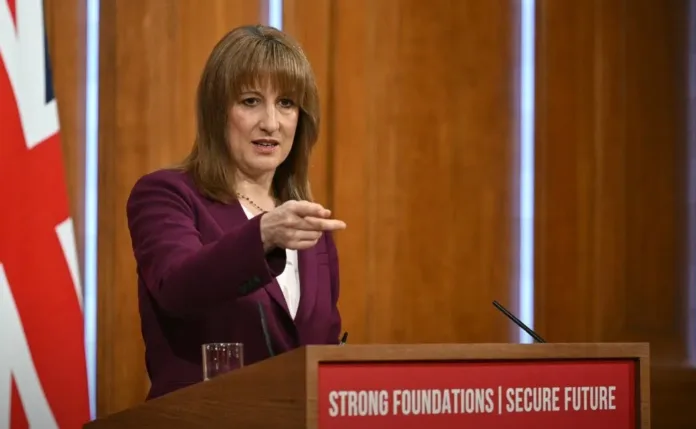Chancellor Rachel Reeves proposes cuts to green levies and taxes to reduce soaring energy bills, but faces criticism from industry insiders
Chancellor Rachel Reeves is considering a controversial move to cut green levies and taxes in a bid to lower energy bills, a decision that could save households up to £170 annually. As part of a broader £3 billion energy support package, the plan could help alleviate the financial strain of rising energy costs, which has become a key concern for voters ahead of the upcoming autumn budget.
In a rare pre-budget speech, Reeves signalled her willingness to make tough decisions, including potentially reducing or eliminating some of the green levies on energy bills, such as the Energy Company Obligation (ECO) scheme. This programme, which helps fund energy efficiency improvements for homes, has come under scrutiny due to concerns over fraud and the quality of work undertaken. Cutting or reallocating funds from this programme, including subsidies for electric heat pumps, could free up cash to reduce the burden on consumers. However, critics from the energy sector warn that such a move would be “disastrous” in the long term, as it could undermine efforts to improve energy efficiency and drive up future costs for households.
Reeves’ proposed plan would also include a reduction in the 5% VAT rate on domestic energy bills, a measure that would cost the Treasury £2.5 billion annually. While some experts have voiced concerns that the VAT reduction could disproportionately benefit wealthier households, the Treasury sees it as a simple and quick way to provide relief to consumers. The measure could bring an average saving of £86 per year for households, but its long-term effectiveness is being questioned by energy industry leaders who argue that relying on short-term fixes could harm future energy investments.
The chancellor’s focus on reducing energy bills comes as part of Labour’s strategy to combat its slide in the polls. With the popularity of Reform UK gaining traction, especially among disillusioned voters, Reeves’ proposals aim to mitigate the impact of inevitable tax rises set to be announced later this month. In her speech, Reeves acknowledged the need for tax increases to address the UK’s growing national debt but stressed that “each of us must do our bit” for the future of the country.
However, Labour’s plans to raise taxes have already caused divisions within the party, with some ministers questioning whether voters would accept tax hikes in return for public service improvements. Despite this, Labour’s leadership, including Prime Minister Keir Starmer, has backed Reeves’ approach, with Starmer particularly concerned about the impact of a predicted £100 rise in energy bills next spring.
Alongside these energy-related measures, the chancellor is also considering cuts to other green levies, such as the Renewable Obligation Certificates programme, which funds the transition to renewable energy. While these proposals are intended to lower household bills in the short term, experts warn that reducing investments in energy efficiency may drive up costs in the future and harm efforts to meet climate targets.
Despite the potential benefits, the energy industry has raised alarms about the government’s plans. Dhara Vyas, CEO of Energy UK, warned that any drastic cuts to funding for energy efficiency projects could lead to higher long-term energy costs for consumers and disrupt supply chains, ultimately harming businesses and jobs. She argued that cutting these crucial investments would be a short-sighted approach that would undermine efforts to improve energy infrastructure and keep bills low over time.
The Treasury has declined to comment on the specifics of the budget plans, but sources indicate that Reeves is committed to making these bold changes to reduce the cost of living. As she prepares for the final budget decisions, the chancellor will have to balance the immediate need for relief with the long-term goals of maintaining energy efficiency and addressing the UK’s environmental commitments.
With the pressure mounting on her to deliver tangible results for struggling households, Reeves faces an uphill battle. The public’s response to her proposed tax hikes and cuts to green levies will be crucial as Labour attempts to regain ground in the polls. As the government grapples with difficult choices, the outcome of this budget will shape the future of the UK’s energy policy and cost of living for years to come.
